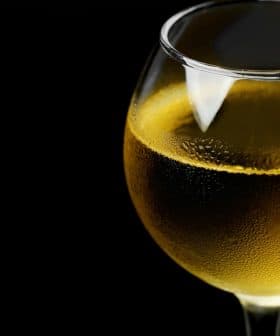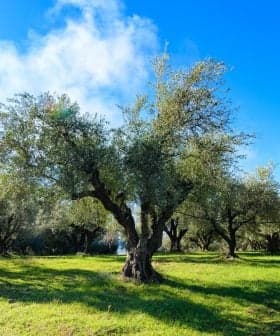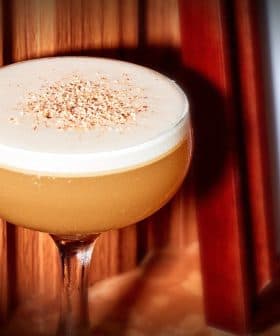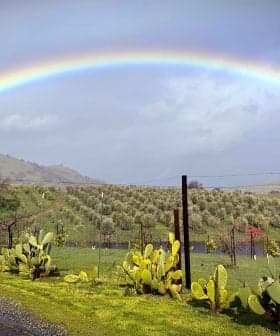Report: Most Imported Extra Virgin Olive Oils Aren't Extra Virgin
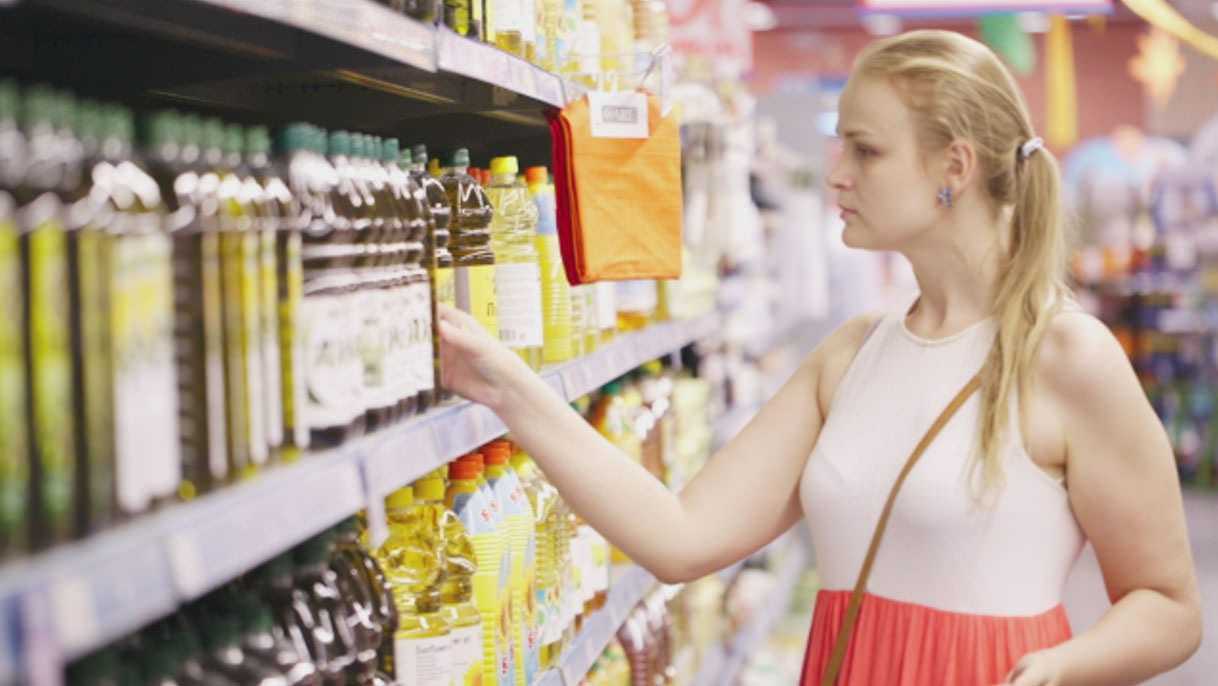
A report found that 69 percent of imported olive oil samples and 10 percent of California olive oil samples labeled as extra virgin did not meet the IOC/USDA standards. The study conducted by labs in Australia and California revealed that many olive oils labeled as extra virgin had defective flavors and failed to meet international standards, suggesting the need for additional testing methods to assess quality accurately.
In a report released today, 69 percent of imported olive oil samples and 10 percent of California olive oil samples labeled as extra virgin failed to meet the IOC/USDA standards for extra virgin olive oil.
Teams from the Australian Oils Research Laboratory in Wagga Wagga, New South Wales and the University of California at Davis Olive Center analyzed 14 imported brands and five California brands of extra virgin olive oils from three different regions of California.
See Also:UC Davis Report
The two laboratories evaluated the oils based on standards and testing methods established by the International Olive Council (IOC) and United States Department of Agriculture (USDA), as well as several newer standards and testing methods adopted in Germany and Australia.
The tests found that samples of imported olive oil labeled as “extra virgin” and sold at retail locations in California usually did not meet international and US standards. Sensory tests showed that these failed samples had defective flavors such as rancid, fusty, and musty. Negative sensory results were confirmed by chemical data in 86 percent of the cases.

The IOC and USDA chemistry standards often do not detect defective olive oils that fail extra virgin sensory standards. The report concluded IOC/USDA standards would be more effective in assessing and enforcing olive oil quality by including another test referred to as the German/Australian DAGs standards which were recently adopted in Germany and Australia to help detect the adulteration of extra virgin olive oils with refined olive oils. While the IOC/USDA chemistry standards confirmed negative sensory results in only 31 percent of cases, the German/Australian DAGs and PPP standards supported the negative sensory findings in 86 percent of cases.
Of all imported olive oil brands tested only one, Kirkland Organic, was found to pass the sensory tests with all three regional samples collected. As for the California brands just one, Bariani, exhibited sensory defects sufficient to fail extra virgin sensory standards.
Just one sample, from Safeway’s private label brand, had an acidity level above the .8% extra virgin threshold with a .84 reading, though other imported samples came close to that. The FFA results for the California oils topped out with a .38 reading for Bariani. The lowest result of all olive oils tested was McEvoy Ranch Organic’s .16 level. Free fatty acidity is considered a direct measure of the quality of the oil, the lower the number, the better. Factors which lead to a high FFA in olive oil include fruit fly infestation, delays between harvesting and extraction, fungal diseases in the fruit, and careless extraction methods.
All samples were within the IOC/USDA limit for peroxide value (PV).
The chemical testing indicated that the samples failed extra virgin standards for reasons that include one or more of the following:
- oxidation by exposure to elevated temperatures, light, and/or aging;
- adulteration with cheaper refined olive oil;
- poor quality oil made from damaged and overripe olives, processing flaws, and/or improper oil storage.
See Also:UC Davis Report



